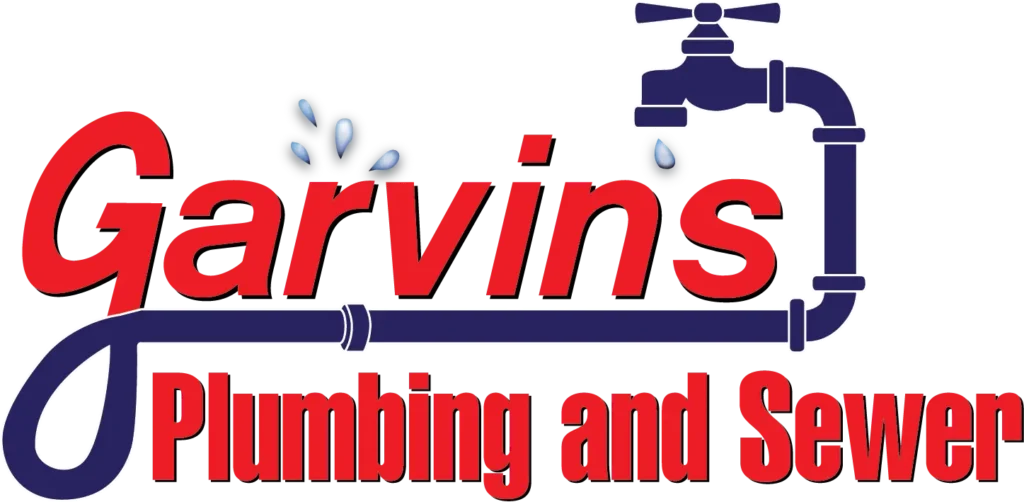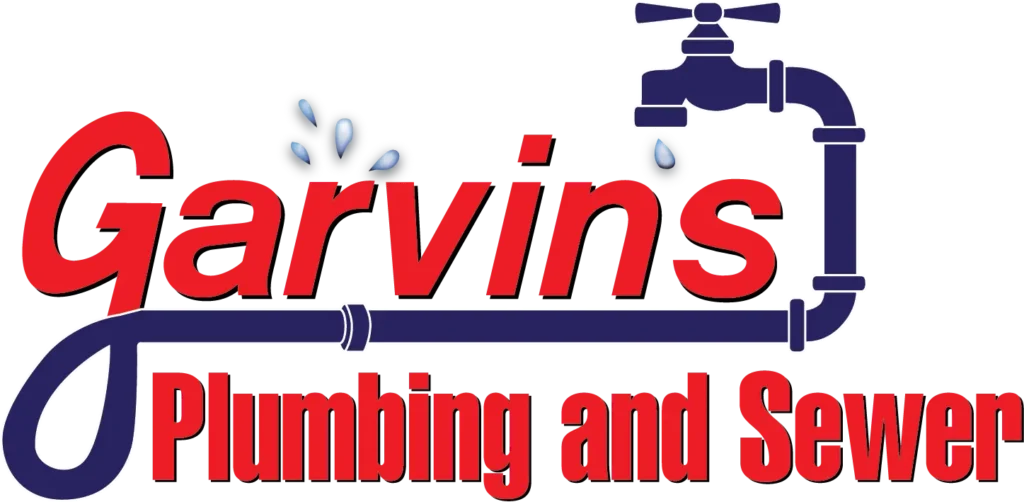Comprehensive Piping Replacement
Few things can be done to a home as extensive as a whole house repipe. Generally requiring extensive preparation, time, excavation and skill, it can be difficult to put so much trust and responsibility into a contractor.
For superior repiping backed by satisfied customers, Garvin’s Plumbing and Sewer is your trusted choice.
When To Repipe, When To Repair?
We understand, repiping is costly and invasive. Most homeowners would rather avoid it.
However, sometimes a whole home repipe is truly the best option. When our customers have to make that decision, we want them to make it with full confidence.
To ease some of the burden, below are a few scenarios where you might want to consider replacement.

Frequent Leaks Or Pipe Bursts
While our team is fully qualified and capable of handling a few leaks or a burst pipe, there comes a point of diminishing returns. Eventually, it makes far more sense to invest in a full repipe rather than continuing to throw money down the drain fixing leaks.
Visible Corrosion Or Rust On Pipes
There’s a certain amount of rust and corrosion that can be reversed. However, in aging or low-quality pipes, rusting and corrosion can get bad enough to impact your entire plumbing system.
Low Water Pressure Throughout The House
While low water pressure is usually a solvable issue, sometimes it can be caused by inefficient or damaged plumbing.
Discolored Or Rusty Water
Discolored water is another thing that can be reversed in some cases. In particularly bad instances of corrosion or rust, it can become a health hazard to not replace the affected pipes.
Persistent Foul Odor Or Taste In The Water
Just as rust problems should never affect your plumbing system, your water should never have an off-putting taste or smell. If attempts to resolve this issue prove unsuccessful and you cannot achieve neutral water, it might be more practical and cost-effective to replace the system altogether.
Older Plumbing System
Every component of your home has a usable lifespan and this includes the plumbing of your home. While most pipes can last for many decades, if your pipes are 50 years or older and encountering frequent issues, it might be time to consider a replacement.
Polybutylene Or Lead Pipes
In the past, materials were used for plumbing systems that were eventually discovered to be dangerous. Some older homes utilize lead or polybutylene as a piping material, which has been proven to cause adverse health effects.
If your home has pipes made from these hazardous materials, it’s crucial to consider replacing them with safer alternatives to ensure the health and well-being of your household.
Simultaneous Plumbing Issues
When it comes to your home’s plumbing, problems and repairs should be infrequent. If you find yourself being attacked on all fronts by leaks and clogs, it might be time to replace the systems outright to save yourself the headache of constantly paying for repairs.
High Water Pressure And Its Danger To Denver Pipes
In Denver, it’s not uncommon for homes to experience high water pressure, and over time, that force takes a toll on your plumbing system. Pipes that are constantly under pressure are more prone to developing leaks, joint failures, and even full bursts — especially in older homes with aging materials.
While pressure-reducing valves and water heater expansion tanks offer protection, homes with persistent high-pressure damage may ultimately need partial or whole-home repiping to restore long-term reliability. At Garvin’s Plumbing and Sewer, we can assess your water pressure and recommend the best course of action to keep your home’s pipes safe for the long haul.
Avoid The Hassle & Gripe, Choose Garvin’s For Your Repipe
Home repiping is no small task, and the team here at Garvin’s Plumbing and Sewer is ready to take on the full weight of that responsibility to get the job done professionally and on time.
We are a team committed to full transparency, with absolutely zero hidden fees, a 30-day labor warranty and free estimates on every job.
If you’ve decided it’s time to give your home a new lease on life with a full repipe, then don’t hesitate. Reach out to Garvin’s to experience the superior standards that have kept us in business for so long.
More Plumbing
Bathroom Plumbing
Reclaim the peace in your bathroom with five-star services!
Commercial Plumbing
Smooth flowing pipes, happy customers and clients!
Gas Line Plumber
We put safety first. For gas line needs, work with the best!
Kitchen Plumbing
Keep the hub of your home running smoothly!
Leak Detection
Don't stress about hidden leaks – let us find them!
Plumbing Repair
When you have a plumbing concern, we're just a call away!
Tankless Water Heaters
Hot water at your fingertips - now that's convenience!
Water Heaters

Set Your Garvin's Plumbing Location
Broomfield, CO
Broomfield, CO 80020
Englewood, CO
Englewood, CO 80110



